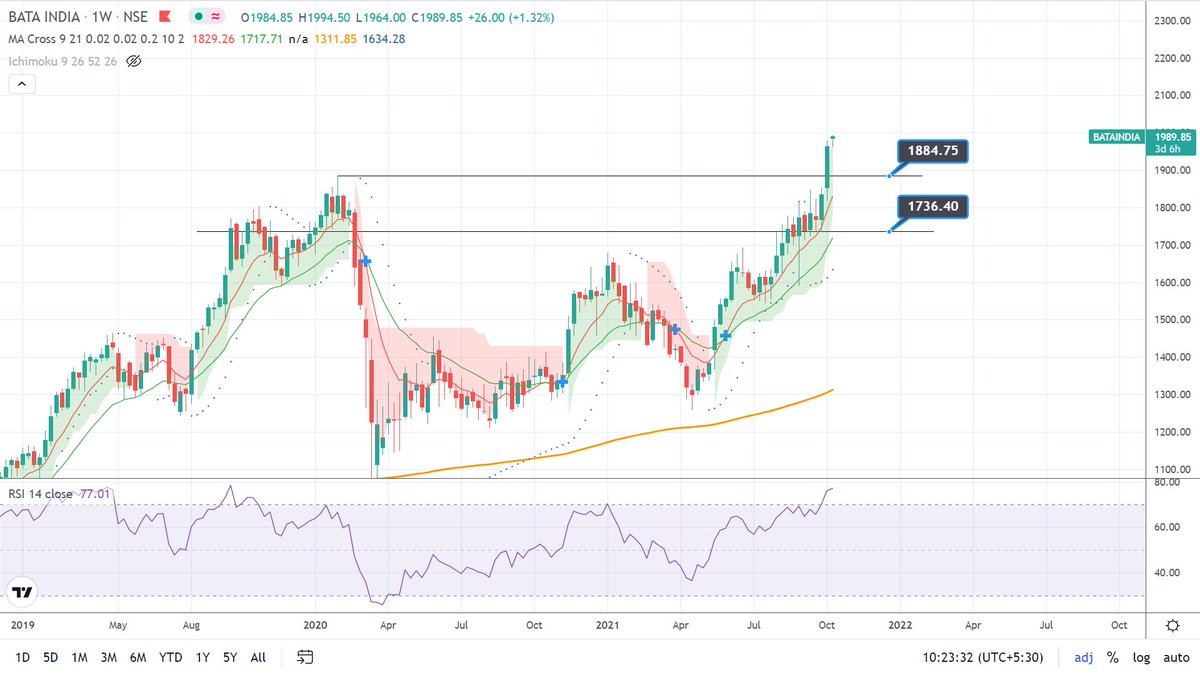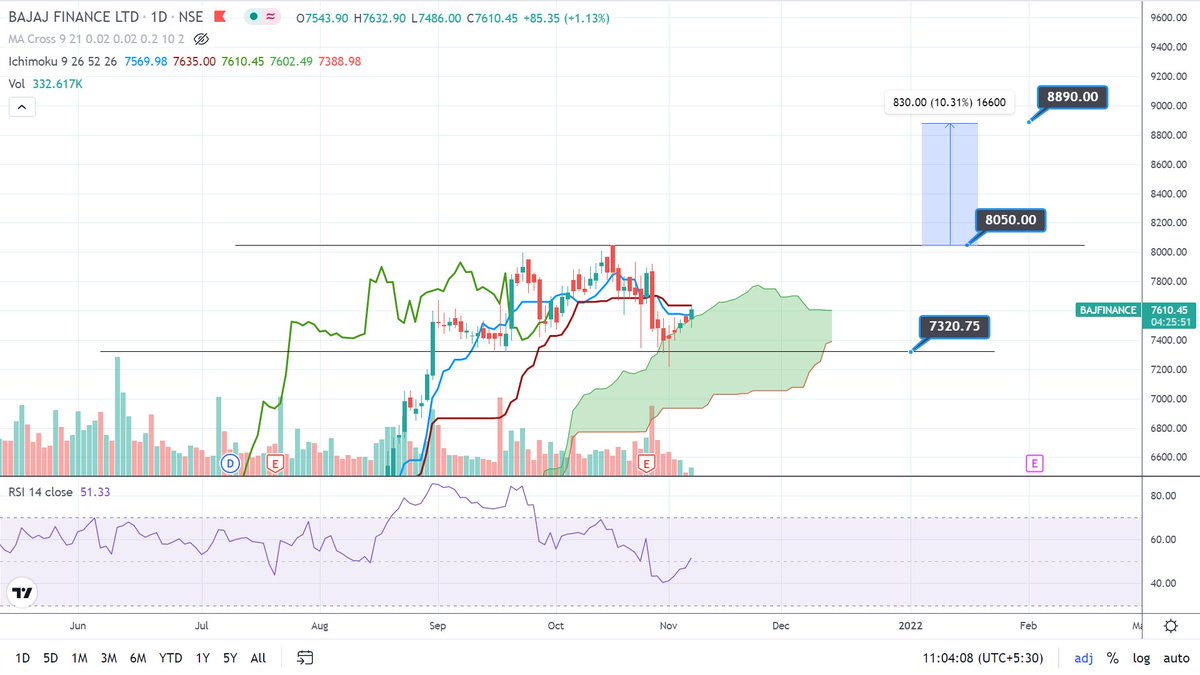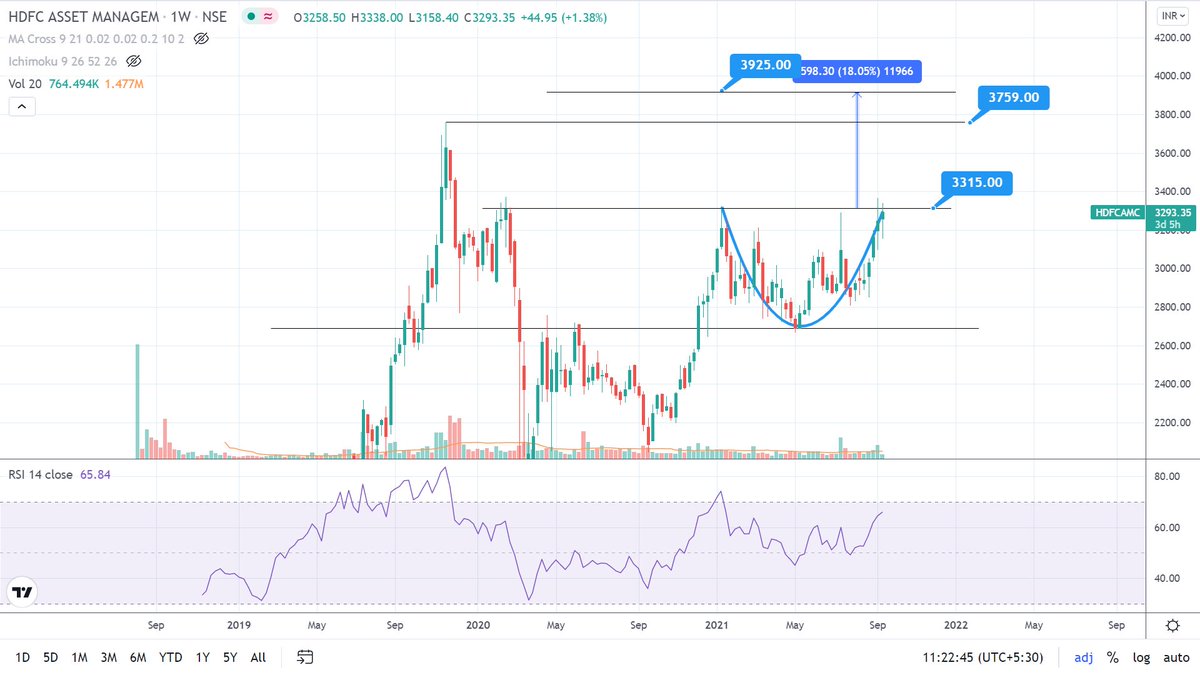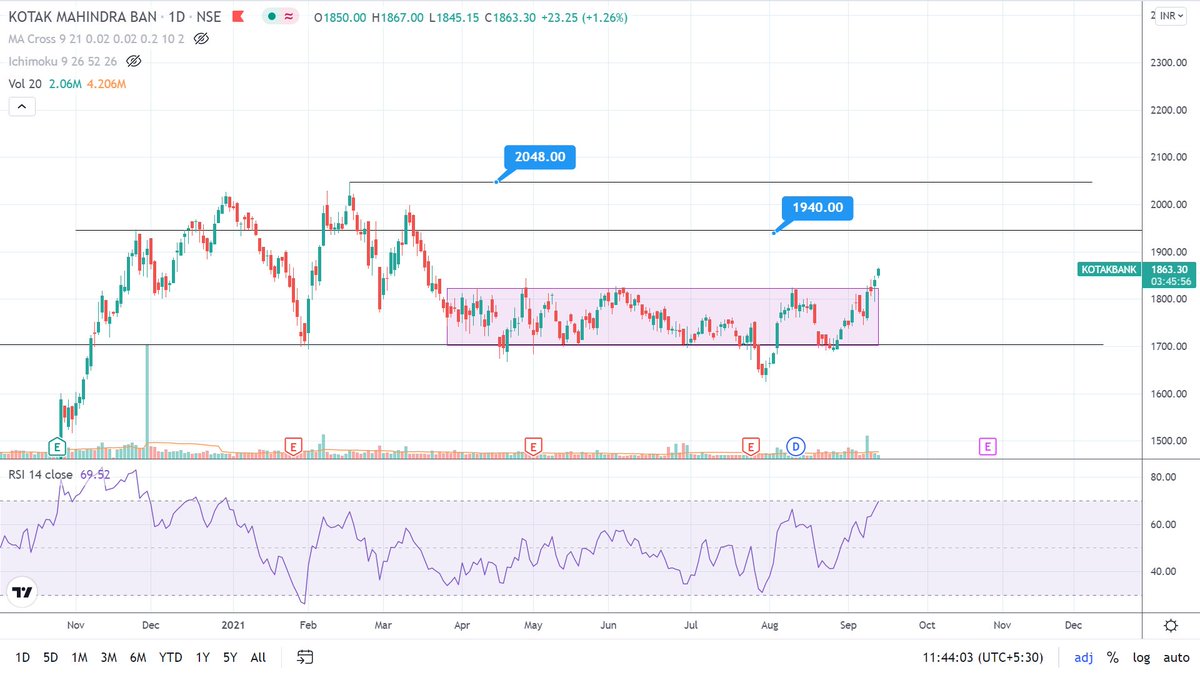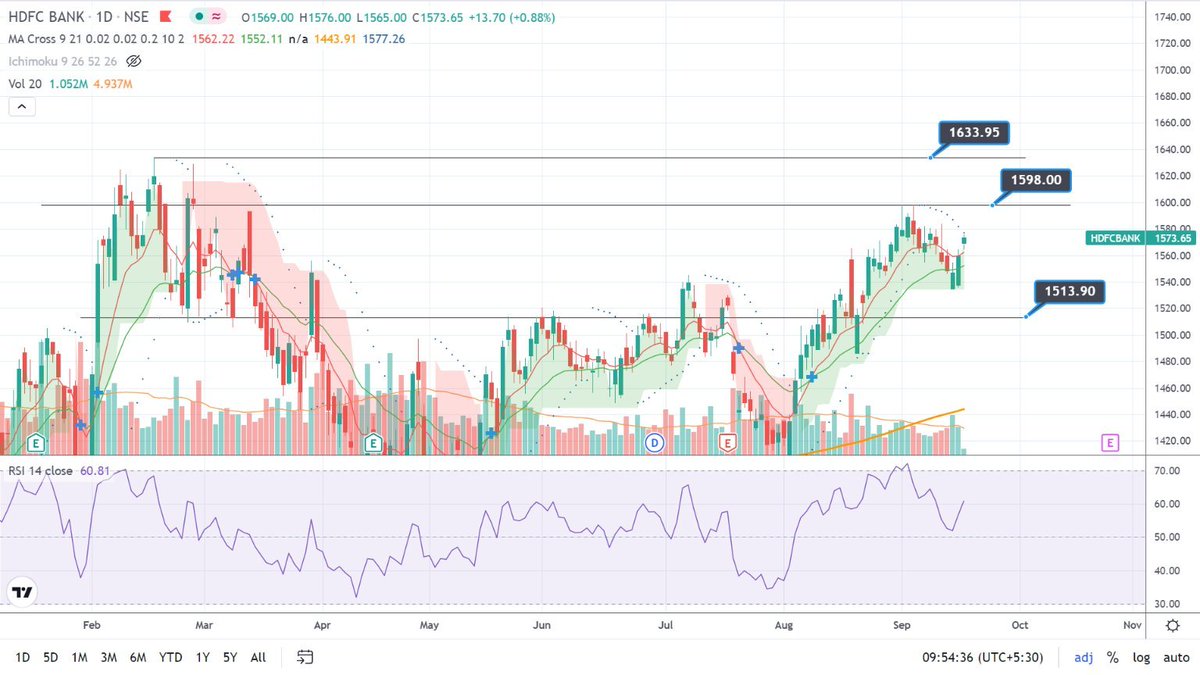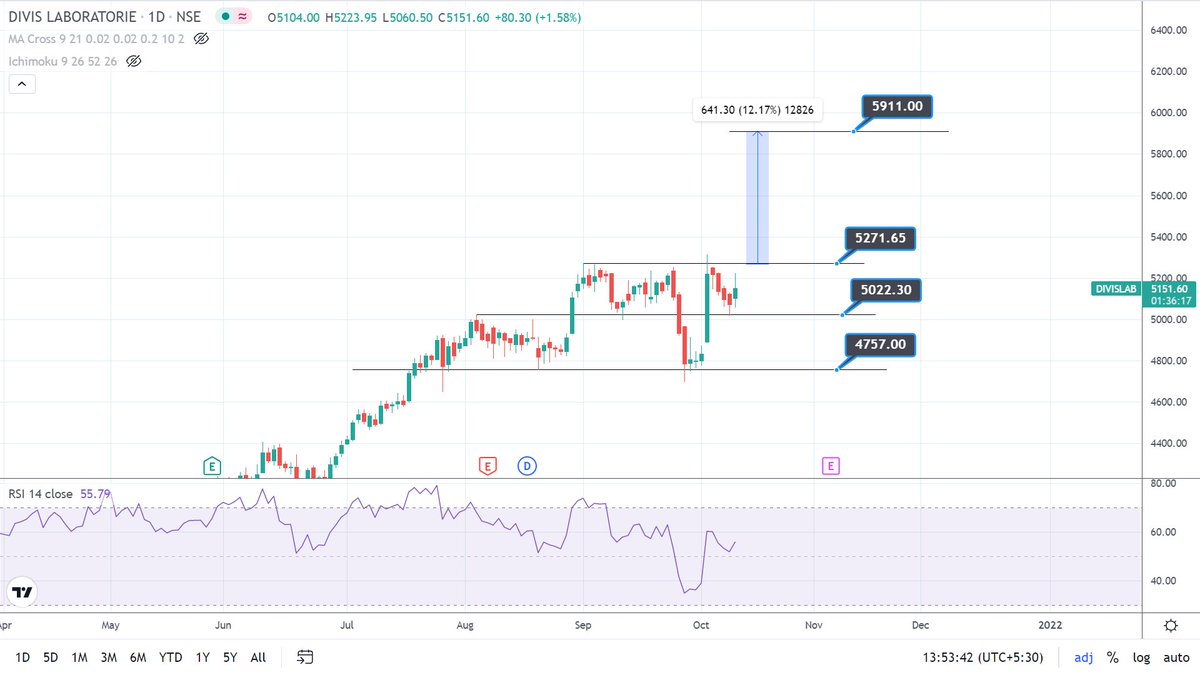Hello Dear Tweeples!
It’s Siddhars time of the week! Last week I shared story of Guru (Machamuni or Yogi Matsyendranath), this week I bring you information on his Shishya.
#Thread on Gorakanathar Siddhar.
@LostTemple7
His origin story is interesting, though I couldn’t verify it’s authenticity, so not sharing the story here. He’s shishya of Machamuni Siddhar and also learnt from Agasthiya Siddhar.
@HelloNNewman @RajiIndustani @Kishoreciyer1
Unlike other Siddhars, he is depicted as either with a Tiger or seated & wearing Tiger skin. While I couldn’t find any explanation for this. My interpretation is as follows:
Tiger is a predator that lurks around and attacks unexpectedly.
Our 5 indriyas and 5 vikitis also similar to Tiger, they lurk around and attacks our thoughts when we’re least expecting. Gorakkar is said to have mastered these aspects, thus to denote this, he shown with Tiger.
@Itishree001 @VarierSangitha @jananisampath
Gorakanathar or Gorakshnath (as he’s known in the Nath Sampraday) is celebrated Guru in both Northern and Southern part of India. He’s one of the NavNath in Nath Sampraday and also 18 Siddhars of Tamil tradition. During his life, he’s travelled Indian subcontinent extensively +
